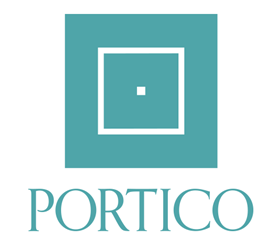Physicochemical and sensory characteristics of orange juice supplemented yogurt
DOI:
https://doi.org/10.5455/faa.139528Keywords:
Fruit yogurt, orange juice supplementation, syneresis, sensory attributes, water holding capacityAbstract
In recent years, the development of enriched dairy products with fruits or fruit parts has been growing due to their potential health benefits and consumer’s preferences. In this research, orange juice incorporated yogurt was elaborated, and the effect of orange juice incorporation was evaluated in terms of physicochemical and sensory attributes. Fresh orange juice was extracted using an electric juicer. Skim milk powder, starter culture, and sugar were used to prepare four yogurt samples, S1, S2, S3, and S4, containing 0%, 3%, 5%, and 7% orange juice, respectively. Syneresis, water holding capacity (WHC), pH, viscosity, and firmness of the samples were compared, and the sensory quality of the prepared yogurt was evaluated. With the increasing orange juice percentage, the syneresis of the yogurt increased. Sample S4 (7% orange juice supplemented yogurt) exhibited a higher syneresis value (11.37% ± 0.81) than the other samples. Meanwhile, the WHC, pH, and viscosity decreased when a higher proportion of juice was assimilated to the yogurt. The lowest values for WHC, pH, and viscosity were possessed by S4 (7% orange juice), where the values were 53.20, 3.68, and 123.33 m Pas, respectively. The firmness of yogurt improved with the addition of higher orange juice content. In the sensory test, orange juice yogurt obtained higher scores than the control one. The panelists preferred S2 (3% orange juice) which got the highest scores for color, flavor, mouthfeel, taste, and overall acceptability among all the samples. The result exhibited an innovative consumer-based fruit yogurt with changes in its properties.
Downloads
Downloads
Published
How to Cite
Issue
Section
License
Copyright (c) 2022 by the author(s)

This work is licensed under a Creative Commons Attribution-NonCommercial 4.0 International License.





















